Floriculture: Role of Tissue Culture and Molecular Techniques
Synopsis
Today, floriculture is recognized as most remunerative profession with a much higher potential for returns per unit area than most fields and even some other horticultural crops. All over the world, the floricultural sector can nowadays be characterized as a sector experiencing rapid changes. Lack of correct information is one of the major constraints in the growth of floriculture industry. Recent advances in micropropagation and biotechnology offers new and exciting challenges for advancement of floriculture. There was necessary to compile worldwide activities on these subjects with special reference to their application on floricultural crops. This book "Floriculture : Role of Tissue Culture and Molecular Techniques" contains 13 articles on different areas of tissue culture and molecular techniques with special emphasis of their application on floricultural crops. The topic covers mass propagation of ornamentals using bioreactor and micropropagation, biochemical and molecular basis of flower senescence, in vitro mutagenesis, molecular characterization, viruses in ornamentals etc. The book is extremely well prepared and provides excellent information on emerging issues of tissue culture, bioreactor, molecular characterization, in vitro mutagenesis and biotechnology. It will serve further advance efforts towards the promotion of floriculture. The book will provide great opportunities for professional scientists, students, progressive floriculturist, exporters and for the industry people at large.
Read more
81.90
73.71
$
91.00 $
Free delivery Wolrdwidе in 10-18 days
Ships in 1-2 days from New Delhi
Membership for 1 Year $35.00
Get it now and save 10%
Get it now and save 10%
BECOME A MEMBER
Books by the same authors

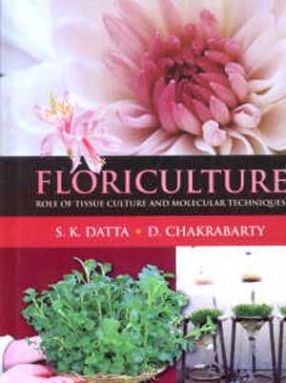


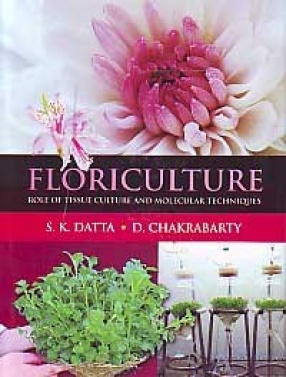
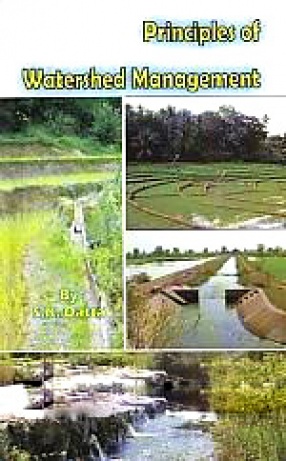
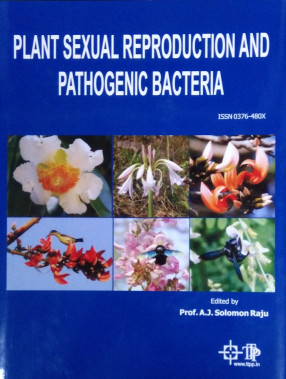
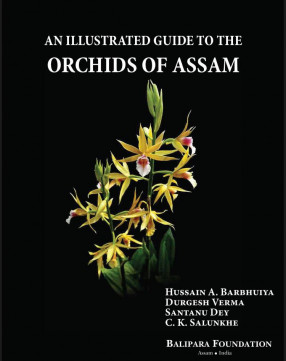
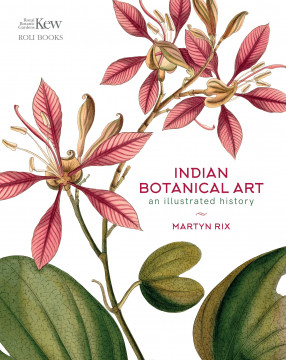
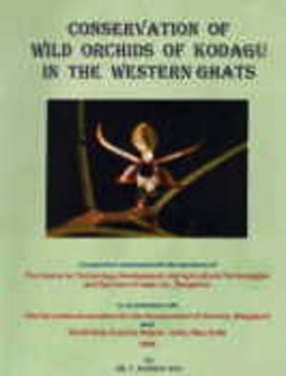

Bibliographic information
D. Chakrabarty